Theology Thursday - Is Evangelical Theology Changing? (Part 3)
A Re-opening of the Subject of Biblical Inspiration
Now just a pebble in the pond of conservative theology, this could expand to the bombshell of mid-century evangelicalism.
Evangelicals, like fundamentalists, believe that the Bible is the infallible, inspired Word of God. But evangelicals are making bold to ask, “What does ‘infallible, inspired’ mean?”
Few evangelical theologians believe today the view that it was “dictated” by God much as a business man does when he says, “Take a letter, Miss Brown.” Neither do they deny that errors have crept in as the Bible has passed down to us through translations.
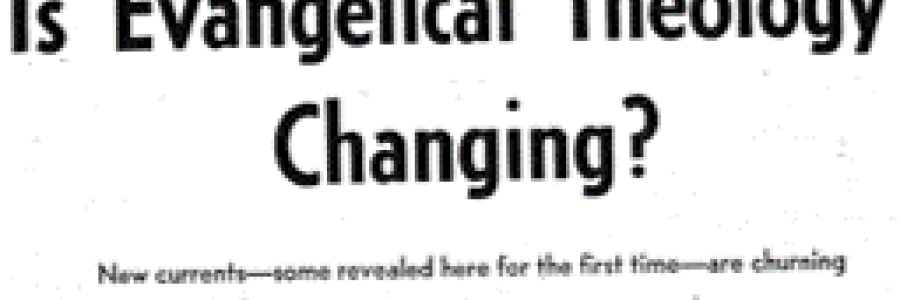
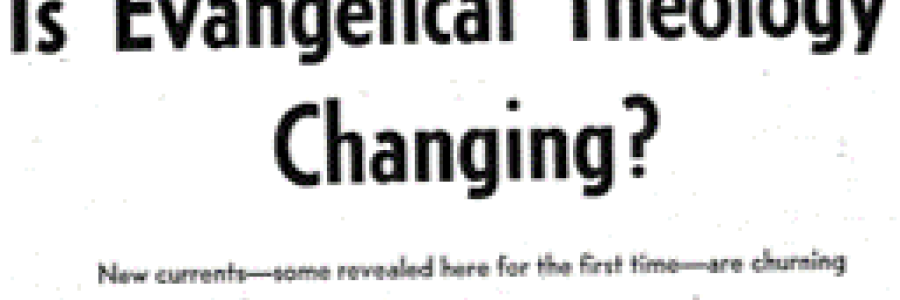
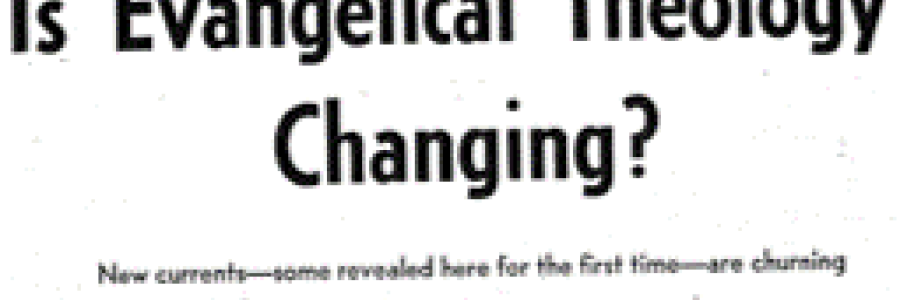
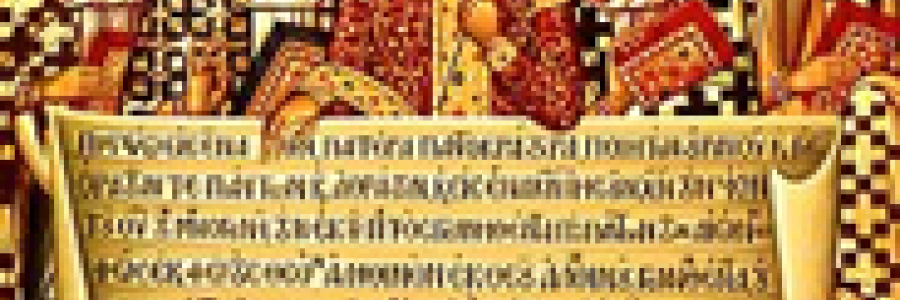


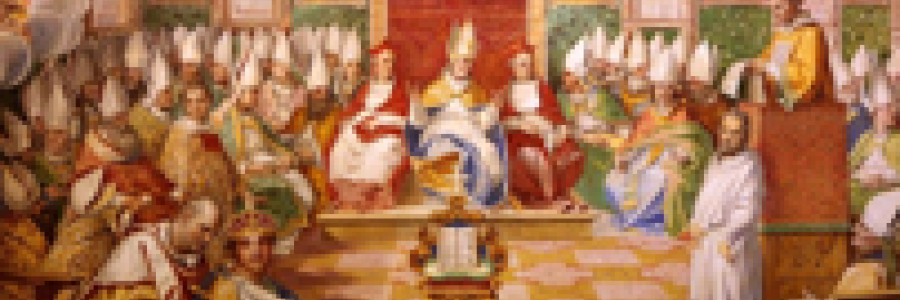
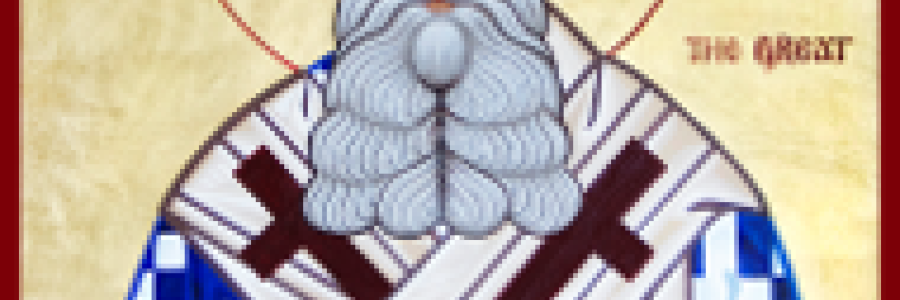



Discussion